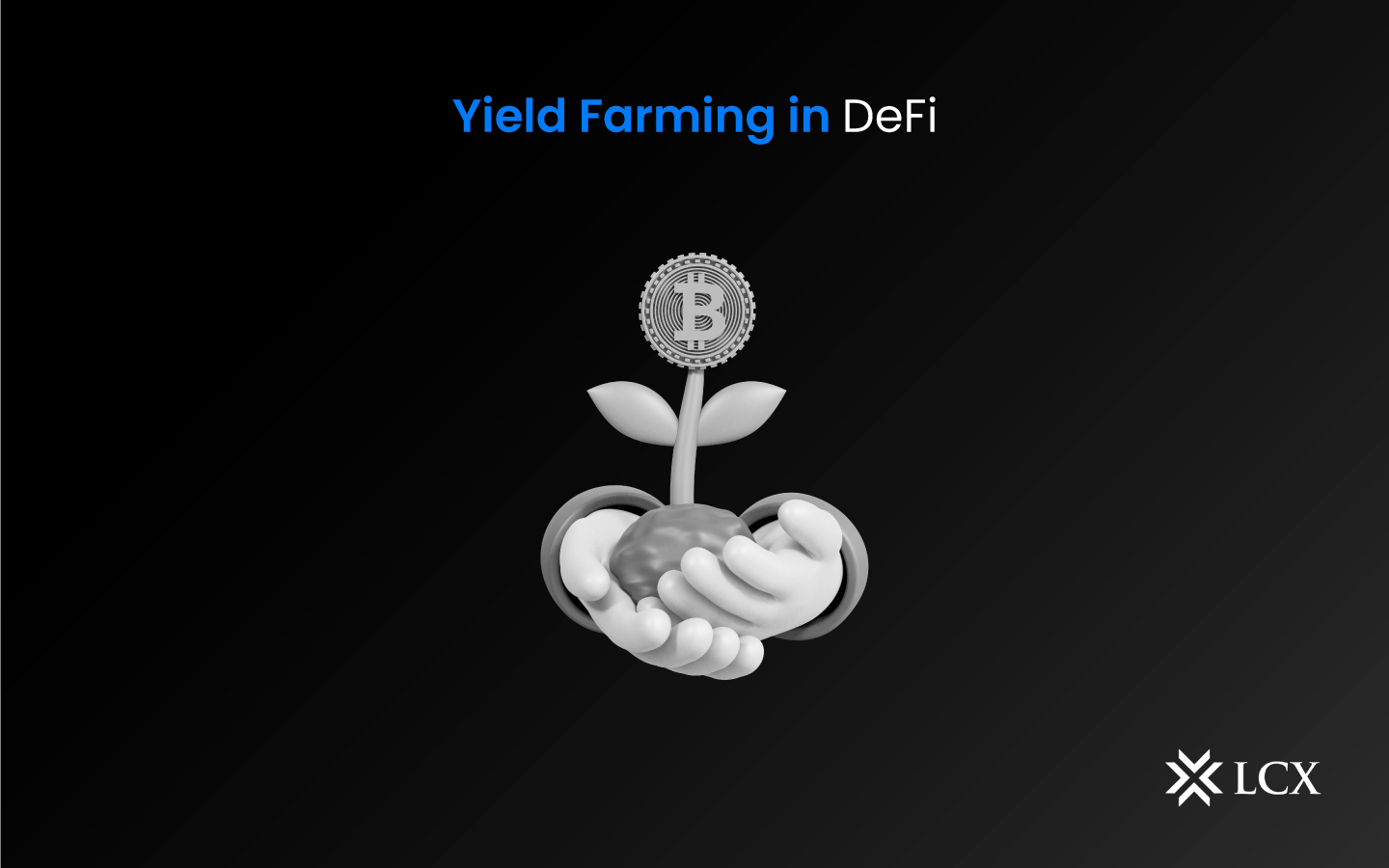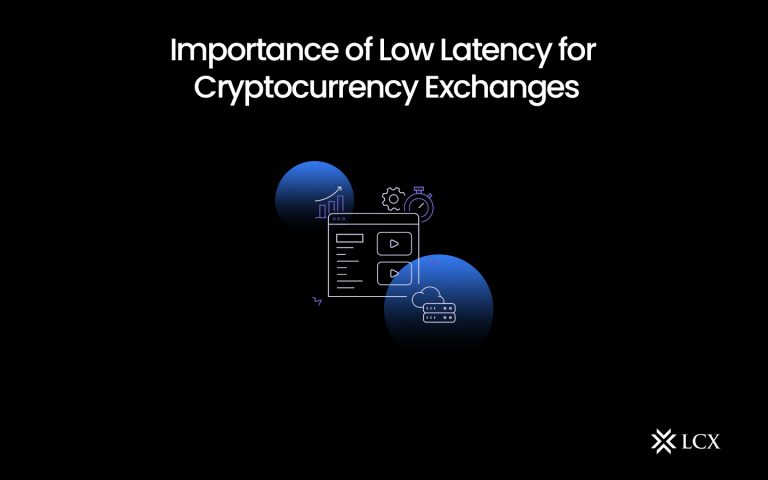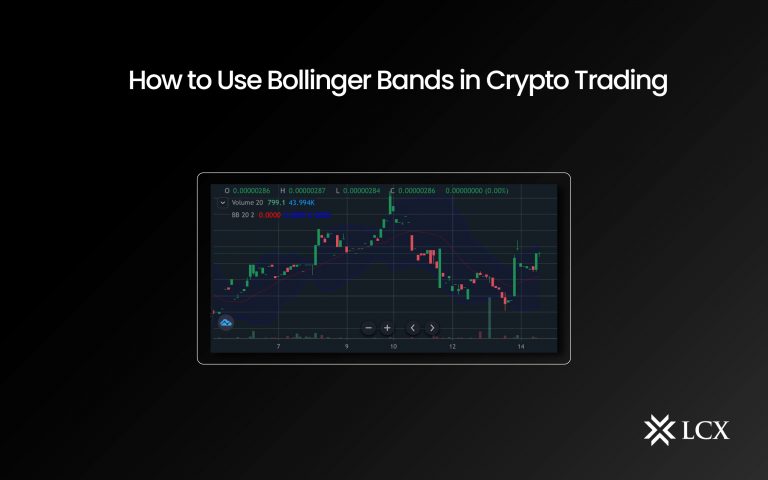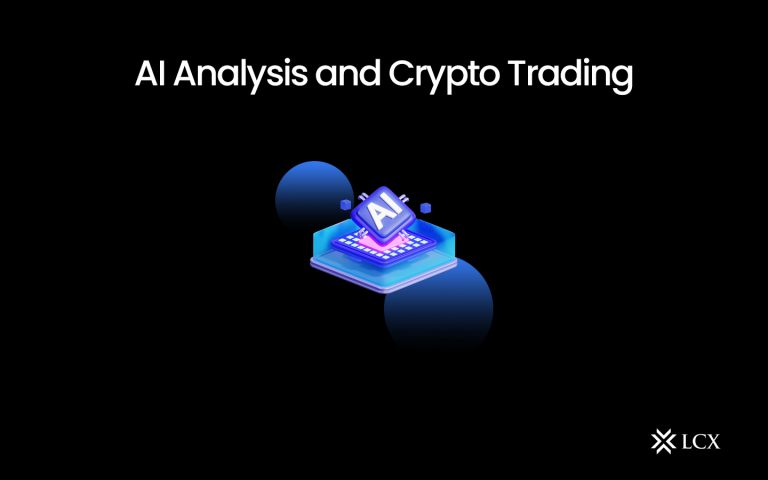The world of Decentralized Finance (DeFi) is thriving, and the upward trend is expected to continue. According to DeFi Pulse data, approximately $95.28 billion worth of crypto assets are locked in DeFi as of 2023, up from $32 billion a year ago. Yield farming, a DeFi-unique ROI-optimization method, is one of the primary contributors to the exponential expansion of this industry.
As the cryptocurrency market continues to evolve, new investment opportunities are emerging. One such opportunity is yield farming, the technique of earning income or other benefits by staking or lending cryptocurrency on decentralized platforms. Due to its potential for big returns, yield farming has gained favor among crypto investors.
What Is Yield Farming?
It is a process where cryptocurrency holders lend their digital assets to a decentralized finance (DeFi) platform in exchange for rewards. These rewards come in the form of interest, tokens, or governance rights. Yield farming involves the use of smart contracts that automate the lending and borrowing processes, making it possible for anyone with a cryptocurrency wallet to participate.
Crypto yield farming has helped the DeFi (decentralized finance) ecosystem acquire millions of dollars. With this novel incentive mechanism, users can lock their cryptocurrency in a DeFi protocol in order to earn a consistent supply of token payouts. This not only provides crypto investors with a unique passive income potential but also supplies DeFi platforms with much-needed liquidity.
How Does DeFi Yield Farming Work?
This projects allow users to lock their cryptocurrency tokens for a set period to earn rewards for their tokens. Yield farms utilize smart contracts to lock tokens and pay interest. Frequently, the locked tokens are loaned to other people. The users who borrow tokens pay interest on their crypto loans, a portion of which is distributed to the liquidity providers.
In other instances, the locked tokens offer the liquidity required to support trade on a decentralized exchange. This form of decentralized exchange typically employs an automated market maker that requires locked tokens in order to complete buy and sell orders. In this instance, it generate passive income from transaction fees. In addition to trading fees, users frequently receive governance tokens and newly created tokens as liquidity incentives.
Most DeFi sites quote the expected returns on investments by the users as an annual percentage yield (APY). This percentage informs investors of the estimated annual return they can anticipate by placing tokens in a certain DeFi liquidity pool. In general, a higher APY corresponds to a greater risk; therefore, users should be wary of advertised rates that are far greater than what could be sustained.
Many yield farmers hop from protocol to protocol, acting as mercenaries for higher APY. Some protocols even increase rewards to attract liquidity. This creates an unstable environment, as many protocols will fail once their incentives cease and their liquidity evaporates.
What Are the Advantages of Yield Farming?
It offers several advantages for investors. First and foremost, it can provide high returns on investment, often in excess of traditional investment vehicles such as stocks and bonds. These high returns are made possible by the decentralized nature of the platforms that offer yield farming, which eliminate intermediaries and allow investors to earn interest directly from other investors.
Secondly, it can offer a range of rewards beyond just interest, such as governance tokens and other tokens that represent ownership in the platform. These tokens can provide investors with additional voting power and influence over the platform’s direction, as well as potential capital gains if the value of the token increases.
Lastly, it can provide a means of hedging against market volatility. By staking or lending cryptocurrency on decentralized platforms, investors can earn returns regardless of whether the price of their cryptocurrency goes up or down. This can be especially attractive for investors who are looking to diversify their portfolios and reduce their exposure to market risk.
What Are the Risks Associated With Yield Farming?
The prospect of high APYs attracts many investors to crypto yield farming. Even triple-digit APYs are not unheard of on yield farming websites, but they frequently cause problems for inexperienced users. However, before depositing cryptocurrency into a liquidity pool, consider the dangers connected with yield farming:
Market Volatality: Although yield farming can offer a means of hedging against market volatility, it is still subject to the same market forces that affect the value of cryptocurrencies. This means that investors can still lose money if the value of their cryptocurrency decreases, even if they are earning interest or other rewards through yield farming.
Rugpulls and scams: The decentralized nature of the platforms that offer yield farming means that there is no centralized authority to oversee the platform or guarantee the safety of investors’ funds. As a result, investors must be cautious when choosing which platforms to use and must conduct their due diligence to ensure that the platform is trustworthy and secure.
Smart contract failure: The security of smart contracts is only as strong as their underlying code. Farmers must always have faith in the smart contracts they use. For example, there are no flaws in the contracts that may potentially drain their funds.
In Conclusion
If investors are well-versed in DeFi, crypto yield farming can be profitable. However, it is typically only advantageous to supply liquidity to DeFi protocols with solid fundamentals, a robust community, and a dedication to openness. The APYs on top-tier platforms may not be as high as those of the new DeFi protocols, but users are less likely to lose their whole crypto holdings because they are more battle-tested and rely less on unsustainable incentive-boosting.
Yield farming enables cryptocurrency holders to generate passive income from their tokens without revealing KYC information. Nonetheless, yield farming is an inherently risky investment strategy, and investors are advised to exercise due diligence on their part while investing in yield farming projects.









